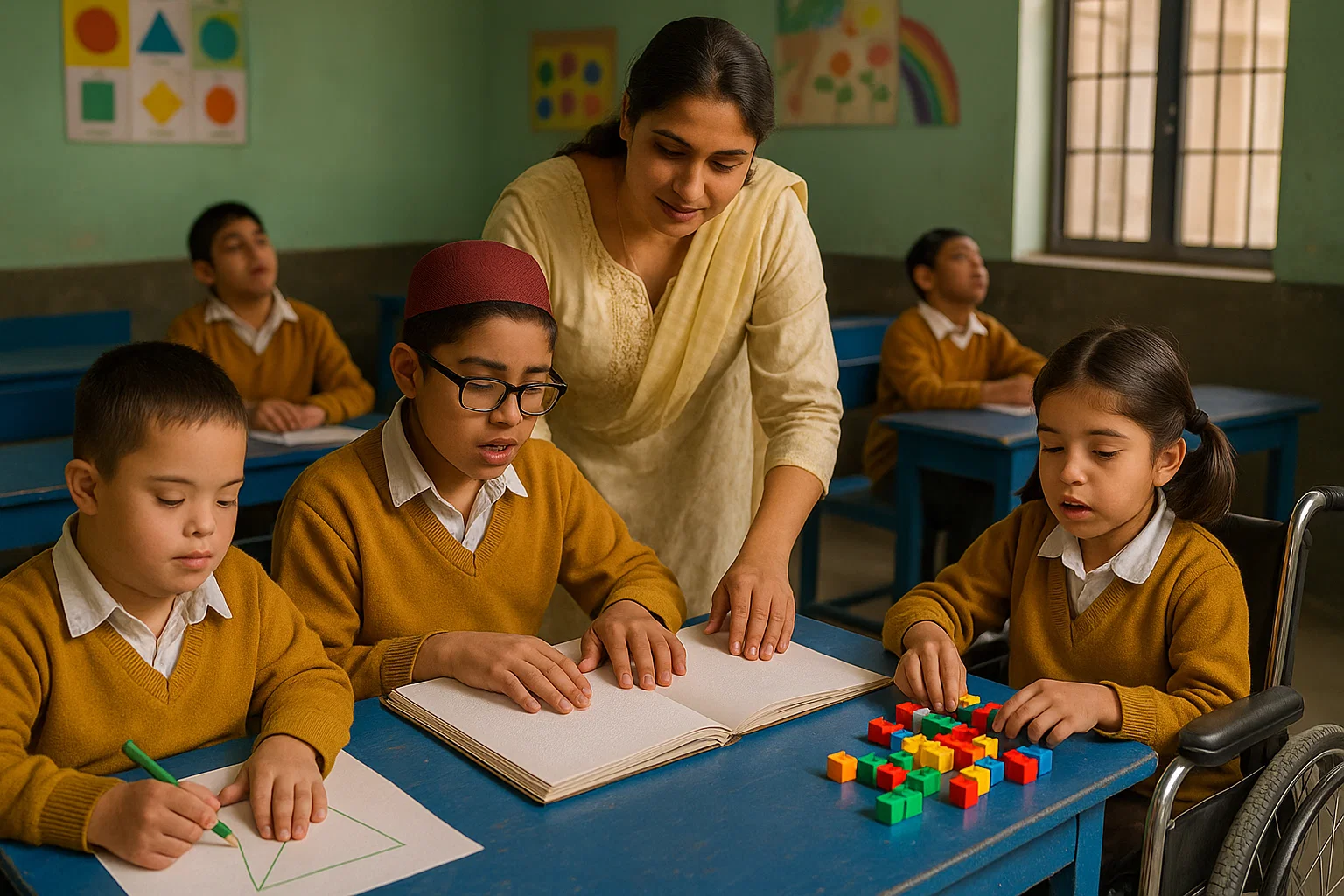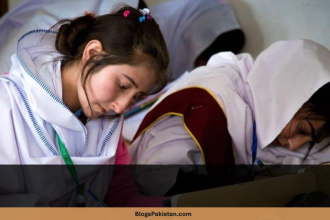Introduction: A New Dawn for Inclusive Education
Punjab : Education is the cornerstone of empowerment, and for children with special needs, it’s a lifeline to independence and self-confidence. In a progressive move, Punjab’s Department of Special Education has announced revised school timings for institutions catering to special children. Effective immediately, schools will now operate from 8:00 AM to 12:00 PM, with Fridays ending at 11:30 AM. While this shift may seem administrative, it’s a reflection of Punjab’s commitment to creating an equitable and supportive learning environment. Let’s unpack what this change means, why it matters, and how it aligns with global best practices.
The Decision: Breaking Down the New Schedule
What’s Changed?
- Core Hours: Schools will run from 8:00 AM to 12:00 PM, four hours daily.
- Friday Adjustments: An earlier dismissal at 11:30 AM, likely to accommodate cultural or logistical needs.
- Immediate Implementation: The policy is already in effect, requiring swift adaptation from schools and families.
This adjustment marks a departure from the previous schedule, which reportedly had longer hours. The shorter timeframe prioritizes quality over quantity, acknowledging the unique energy and focus levels of special children.
Why the Change? Science Meets Sensitivity
Reducing Cognitive Fatigue
Children with special needs—whether autism, Down syndrome, or physical disabilities—often experience sensory overload and fatigue. Research shows that shorter, structured sessions enhance retention and reduce stress. A 2020 study in the Journal of Developmental Disabilities found that tailored schedules improved engagement by 34% in special education settings.
Aligning with Global Practices
Countries like Finland and Canada have long advocated for condensed school days for neurodiverse students. Punjab’s decision mirrors these models, emphasizing personalized learning within manageable timeframes.
Family-Centric Approach
Many families juggle therapy sessions, medical appointments, and caregiving. The revised timings allow parents to better coordinate their day, fostering a balanced routine for children.
Voices from the Ground: Parents and Educators Weigh In
Parental Relief
“My daughter used to come home exhausted,” shares Amrita Kaur, a parent in Ludhiana. “Now, she’s more energized for her afternoon speech therapy. This change feels like the system finally sees us.”
Teacher Perspectives
Educators highlight practical benefits. “Shorter hours let us focus on high-impact activities,” says Ravi Sharma, a special education teacher in Amritsar. “We’re using the time for sensory play, life skills training, and one-on-one interaction.”
Challenges Ahead
Not all feedback is rosy. Some working parents worry about childcare gaps. “The early dismissal clashes with my job hours,” explains Harpreet Singh from Jalandhar. “The government must consider after-school support programs.”
Beyond Timings: The Bigger Picture of Inclusive Education
Curriculum Adaptations
Punjab’s policy could pave the way for broader reforms. Experts urge integrating:
- Multisensory Learning: Tools like tactile books or audio-visual aids.
- Life Skills Training: Cooking, budgeting, and public transport navigation.
- Therapeutic Integration: On-site occupational or speech therapy.
Infrastructure Upgrades
Accessibility remains a hurdle. Many schools lack ramps, quiet rooms, or adaptive technology. Advocates argue that timing changes must be paired with infrastructure investments.
Global Lessons: What Punjab Can Learn from the World
Case Study: Finland’s “Education for All” Model
Finland’s special education system emphasizes flexibility. Students split time between mainstream classes and specialized support, ensuring socialization without overwhelm.
India’s Own Success Stories
Kerala’s “Vikas” schools offer half-day programs blended with vocational training, resulting in higher employability for graduates with disabilities.
The Road Ahead: Policy Recommendations
- After-School Care: Partner with NGOs to create safe spaces for children post-school.
- Teacher Training: Regular workshops on adaptive teaching methods.
- Community Awareness: Campaigns to reduce stigma around disabilities.
- Tech Integration: Apps for parent-teacher communication or virtual therapy sessions.
How Families Can Adapt: Practical Tips
- Create a Transition Plan: Gradually adjust sleep schedules to fit the earlier start.
- Collaborate with Teachers: Share insights about your child’s needs to optimize their day.
- Leverage Free Time: Use afternoons for hobbies, rest, or community activities.
Conclusion: A Step Toward a More Inclusive Punjab
Punjab’s revised timings are more than a logistical tweak—they’re a statement of intent. By prioritizing the well-being of special children, the government acknowledges that inclusivity requires constant evolution. However, this is just the first step. True progress will demand collaboration between policymakers, educators, families, and society at large. As the proverb goes, “It takes a village to raise a child.” For special children, it takes a compassionate village—one that Punjab is striving to build.
This blog blends policy analysis, global insights, and heartfelt narratives to offer a holistic view of Punjab’s educational shift. Whether you’re a parent, educator, or policymaker, the message is clear: when we redesign systems with empathy, everyone thrives.










